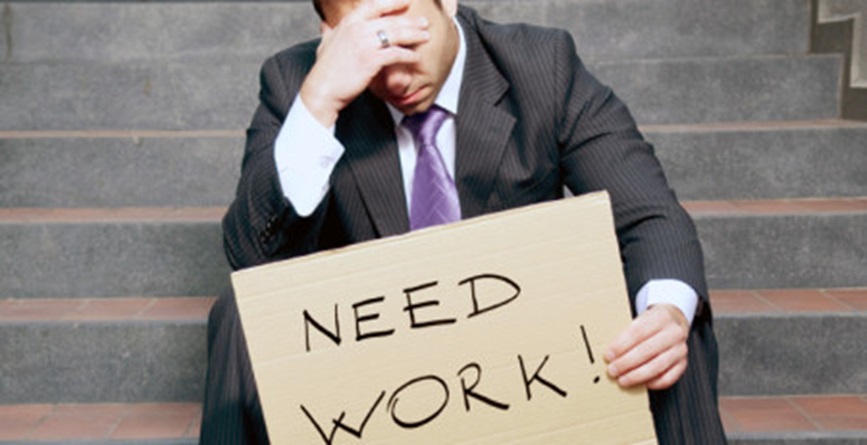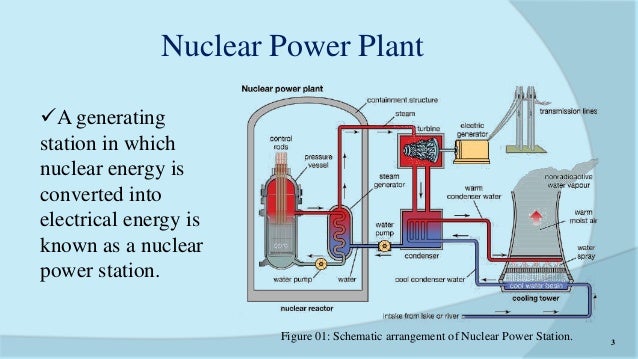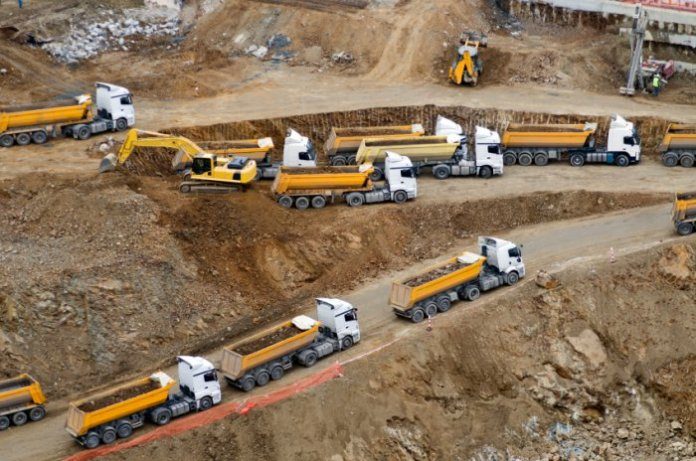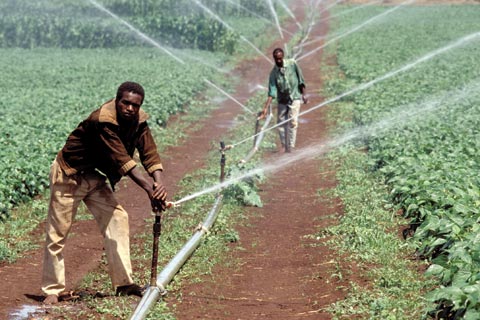 |
| Wale Tinubu, Oando Ceo |
The Securities & Exchange Commission (SEC) placed a technical suspension on transactions on the shares of Oando Plc after its finding revealed some weighty transgression by the energy company, which has been under investigations since early July this year.
A full suspension is the halt of trading activities in a listed security for a period while a technical suspension is the interruption of price movement in a listed security for a period so that any dealings in the securities which occur during the period of the suspension will not result in any change in price, which change may have occurred had the suspension not been implemented.
For the wise investors, many of them have dumped the shares of the company since the controversy on the ownership structure of the company began in July with the share falling from 8.35 naira per share in July to 5.99 naira a share on Wednesday.
The suspension, which takes effect from Wednesday and until further notice did not come as as a surprise to many discerning investors in the Nigerian capital market as the energy company has been in the news for a while over some allegations by two shareholders of the company.
Following the receipts of two petitions written by Alhaji Dahiru Barau Mangal and Ansbury Incorporated against Oando, the capital market regulator has swung into action to unravel the fact behind the figures of the energy firm.
The outcome of the investigation was considered weighty by the regulator after findings revealed that -Oando has breached some of its rules and regulations.
-Some of the revelations from the SEC investigations include:
-Breach of the provisions of the Investments & Securities Act 2007
-Breach of the SEC Code of Corporate Governance for Public Companies
-Suspected insider Dealing
-Related party transactions not conducted at arm’s length
-Discrepancies in the shareholding structure of Oando Plc. Etc.”
Consequently, SEC decided to place a technical suspension on trading on the shares of the company till further notice and ordered further investigations; this time around a forensic audit of the books of Oando to be conducted by a consortium of experts made up of auditors, lawyers, stockbrokers and Registrars, to protect the interest of the investing public.
Allegations against Oando and its principal officers by the petitioners are that; the company has mismanaged shareholders’ fund committed fraud by altering the ownership structure in favour of some serving directors of the energy company.
Oando had acquired the oil production assets of Conoco-Phillips in 2014 at a cost of $1.65 billion, while aside borrowing from some local commercial lenders, the company was said to have also sourced funds from some key investors, which included the two petitioners to enable it pay for the acquisition.
However, in its response to the petitions, Oando has stated that the allegations against it have no merit as the issues raised have received board, shareholder and where required SEC approval. Other matters highlighted by the petitioners could have been directed to the Company and would have received the necessary clarification.
It further stated that Ansbury Incorporated, one of the petitioners was not a shareholder of the Company, but a shareholder in a company domiciled in a jurisdiction outside Nigeria which in turn holds shares in a Nigerian investment company that is a shareholder in Oando.
Also on the stand of Alhaji Dahiru Mangal that he holds a 17.9 percent interest in the energy firm, Oando said the allegation was false based on the records of shareholders of the company.
It said its records showed that the said Mangal owns approximately 4 percent of Oando PLC’s shares in his personal capacity.
“He is yet to disclose beneficial ownership of 13.9 percent in accordance with Section 95 of the Companies and Allied Matters Act, Cap. C20 LFN 2004 (‘CAMA’); failure to do so is a violation of CAMA and this has been flagged by the Company in writing to Alhaji Mangal and the SEC since Wednesday, 24th May, 2017,” the company said.
The outcome of the fresh forensic audit of the company books will determine the future of the oil company that has since it was transformed from a public-owned oil firm to a private sector driven has increase its operations in the the upstream, midstream and downstream sectors.
Oando was an offshoot of defunct Esso Africa, a petroleum marketer and local subsidiary of the United State Exxon Corporation now ExxonMobil and was acquired by the federal government in 1976 as part of its indigenisation policy. The government later in 1992 during its privatization programme sold its majority shares in the company on the Nigerian Stock Exchange (NSE) and it was rebranded Unipetrol Nigeria with the shares listed on the local bourse.
By 2000. Ocean and Oil, a private investment company led by Nigerian entrepreneurs Adewale Tinubu and
Omamofe Boyo acquired a 30 percent controlling interest in Unipetrol Plc. In 2001, Ocean and Oil increased its stake in Unipetrol to 42 percent via an irredeemable convertible loan stock issue.
In 2002, Ocean and Oil led Unipetrol's bid for a 60% stake of Agip Nigeria Plc, a rival petroleum marketing firm, owned by
Agip Petroli BV, an Italian-based oil company. The merged company was named Oando PLC in 2003, making the company the largest downstream petroleum marketing company in Nigeria.
In 2005, Oando Energy Services was incorporated as an integrated Oilfield Services company to achieve the group’s objectives in the
upstream services industry.































